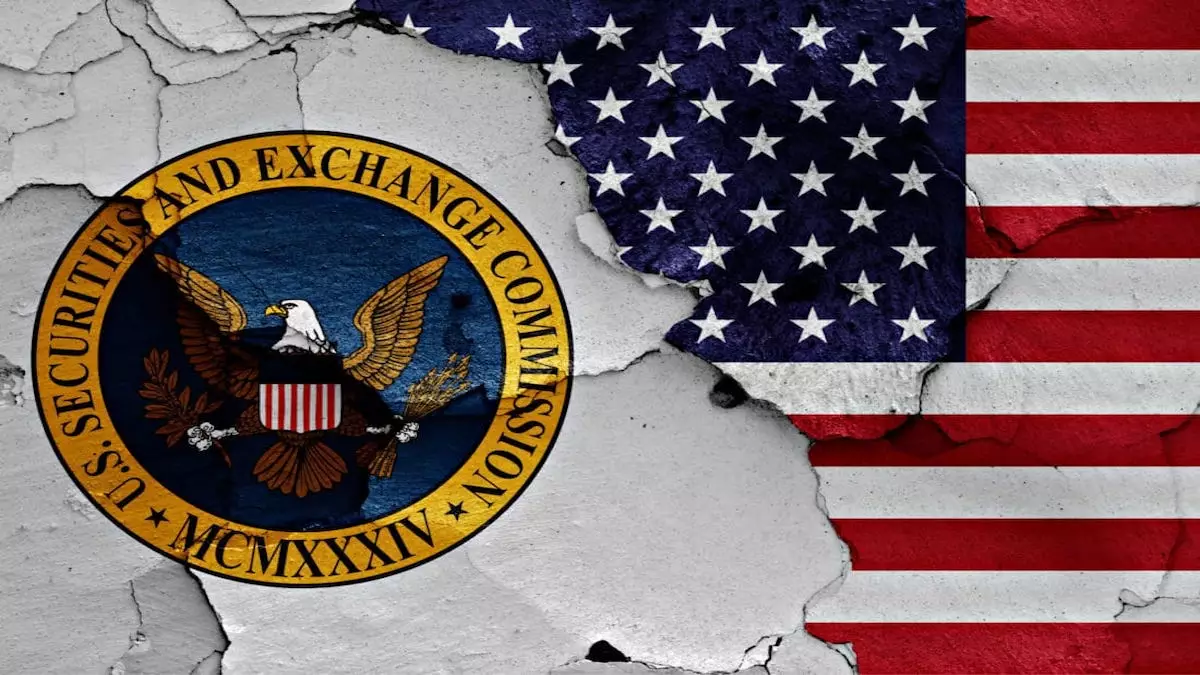The recent Wells notice issued by the U.S. Securities and Exchange Commission (SEC) to OpenSea has brought significant attention to the issue of digital-asset regulation. The SEC has raised concerns that some Non-Fungible Tokens (NFTs) traded on the platform may qualify as unregistered securities, potentially implicating OpenSea itself as breaking the law. This move by the SEC has sparked debates about the extent of its regulatory reach in the realm of digital assets and what the implications could be for OpenSea, the broader NFT market, and the industry as a whole.
The investigation into OpenSea is part of the SEC’s broader objective to apply securities laws to the cryptocurrency and NFT landscape. CEO Devin Finzer has emphasized OpenSea’s intention to contest the SEC’s allegations, arguing that the platform is not an unregistered securities exchange. This regulatory scrutiny from the SEC is part of a broader trend of increased focus on companies involved in cryptocurrencies, with OpenSea being just one of many targets. The Wells notice signals the SEC’s intent to take enforcement action against OpenSea, raising concerns in the NFT community about the implications of increased regulatory oversight.
The Impact on the NFT Market
The SEC’s regulatory actions have put the NFT market on high alert, with creators, developers, and marketplace operators uncertain about how these developments will affect their industry. While regulation can provide much-needed clarity and stability to a maturing market, the SEC’s attempts to apply traditional securities laws to NFTs risk stifling the artistic and creative energies that have fueled the vibrancy of the NFT marketplace. The ongoing investigation into Yuga Labs, the creator of the Bored Ape Yacht Club NFT collection, further underscores the regulatory scrutiny facing successful NFT projects and the potential implications for the entire market.
The Threat to Decentralization
The SEC’s efforts to regulate NFTs and the platforms that facilitate their trade have raised concerns about the impact on the core principles of decentralization. The NFT ecosystem was built on the premise of allowing creators and users to interact in a permissionless manner, free from centralized intermediaries. By applying old regulations designed for financial instruments to new platforms, the SEC risks undermining the decentralized nature of the NFT marketplace and pushing it towards more centralized control.
The legal battle between OpenSea and the SEC is poised to set a crucial precedent for the broader NFT market. If the SEC prevails, increased regulatory oversight and compliance costs could price out smaller creators and further concentrate the market among wealthier individuals. However, these regulatory challenges may also spur calls for more tailored regulations specific to NFTs, potentially benefiting the ecosystem in the long run. A balanced and thoughtful approach to regulation is necessary to protect consumers while preserving the unique characteristics of NFTs and the blockchain ecosystem.
The SEC’s investigation into OpenSea and the broader implications for NFT regulation have highlighted the need for a nuanced approach to balancing regulatory oversight with the preservation of artistic expression and innovation in the digital art space. As the regulatory landscape continues to evolve, it is essential for regulators to engage with industry stakeholders to develop regulations that safeguard both consumers and the unique features of the NFT ecosystem.















